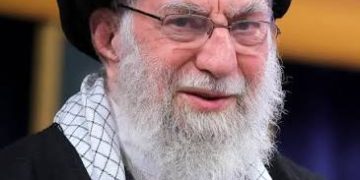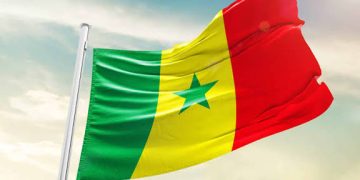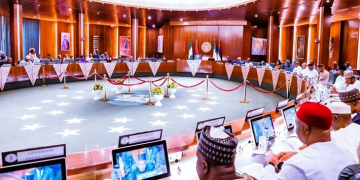By Ussiju Medaner
In the Name of Allah, the Infinitely Merciful, the Infinitely Compassionate
All Praises are Due to Allah, our Cherisher and Nourisher, The Oft-forgiving and Lord of the Worlds
As the blessed month of Ramadan nears its end, Muslims worldwide prepare to bid farewell to a period of profound spiritual reflection, fasting, and devotion. The last day of Ramadan holds significant importance, preceding the joyous celebration of Eid al-Fitr, marking the culmination of fasting. For Muslims seeking to honour this day according to the teachings of the Prophet Muhammad (peace be upon him) and the consensus of scholars (ijma’), there are several practices to consider.
Engaging in Worship
The final day of Ramadan is a pivotal moment for Muslims to intensify their worship and good deeds. Following the example of the Prophet Muhammad (peace be upon him), who increased his devotion during the last ten nights of Ramadan in search of Laylat al-Qadr, Muslims should strive to maximize their acts of worship.
- Performing Extra Prayers (Nafl): It is highly recommended to engage in voluntary prayers throughout the day and night of the final day of Ramadan. This includes Tahajjud (late-night prayer), Adkharand Supplications especially after Asr and Maghrib, and additional units of prayer after the obligatory prayers.
- Reciting the Quran: Muslims are encouraged to continue reciting the Quran with contemplation and understanding. Completing the Quran during Ramadan is a noble goal, and the last day presents a final opportunity to achieve it.
- Making Supplications (Dua): The final day is an auspicious time for heartfelt supplications, seeking forgiveness, mercy, and blessings from Allah. The Prophet (peace be upon him) taught that Allah is especially receptive to the prayers of His believers.
Giving Zakat al-Fitr
Before Eid, Muslims are obligated to give Zakat al-Fitr, a form of charity due on every member of a Muslim household, including children and the elderly. This charity purifies those who fast from any indecent acts or speech and provides assistance to the poor and needy. It is essential to distribute Zakat al-Fitr promptly before the Eid prayer, allowing beneficiaries to prepare for the festive occasion.
Reflecting and Seeking Forgiveness
The conclusion of Ramadan serves as a reminder that all deeds are ultimately for Allah’s pleasure. Muslims should reflect on the month gone by, seek forgiveness for any shortcomings, and resolve to carry forward the positive habits cultivated during Ramadan.
Maintaining Family and Community Bonds
The last day of Ramadan is an opportunity to strengthen familial and communal ties. It is customary to visit relatives, reconcile with those with whom there may have been disagreements, and foster the spirit of unity integral to Islam.
Conclusion
As the final day of Ramadan approaches, Muslims experience a mixture of emotions, including sadness for the departure of the holy month and joy for the arrival of Eid al-Fitr. By following the path of the Prophet and the consensus of scholars, Muslims can observe this day in a manner that honours the essence of Ramadan and prepares them for a blessed and joyous Eid. It is a time to express gratitude for the strength to fast, the opportunity for increased worship, and the community with whom to share the blessings of faith.
In the Wisdom of Allah Ta’ala, All Things are Best Known by Him.







































